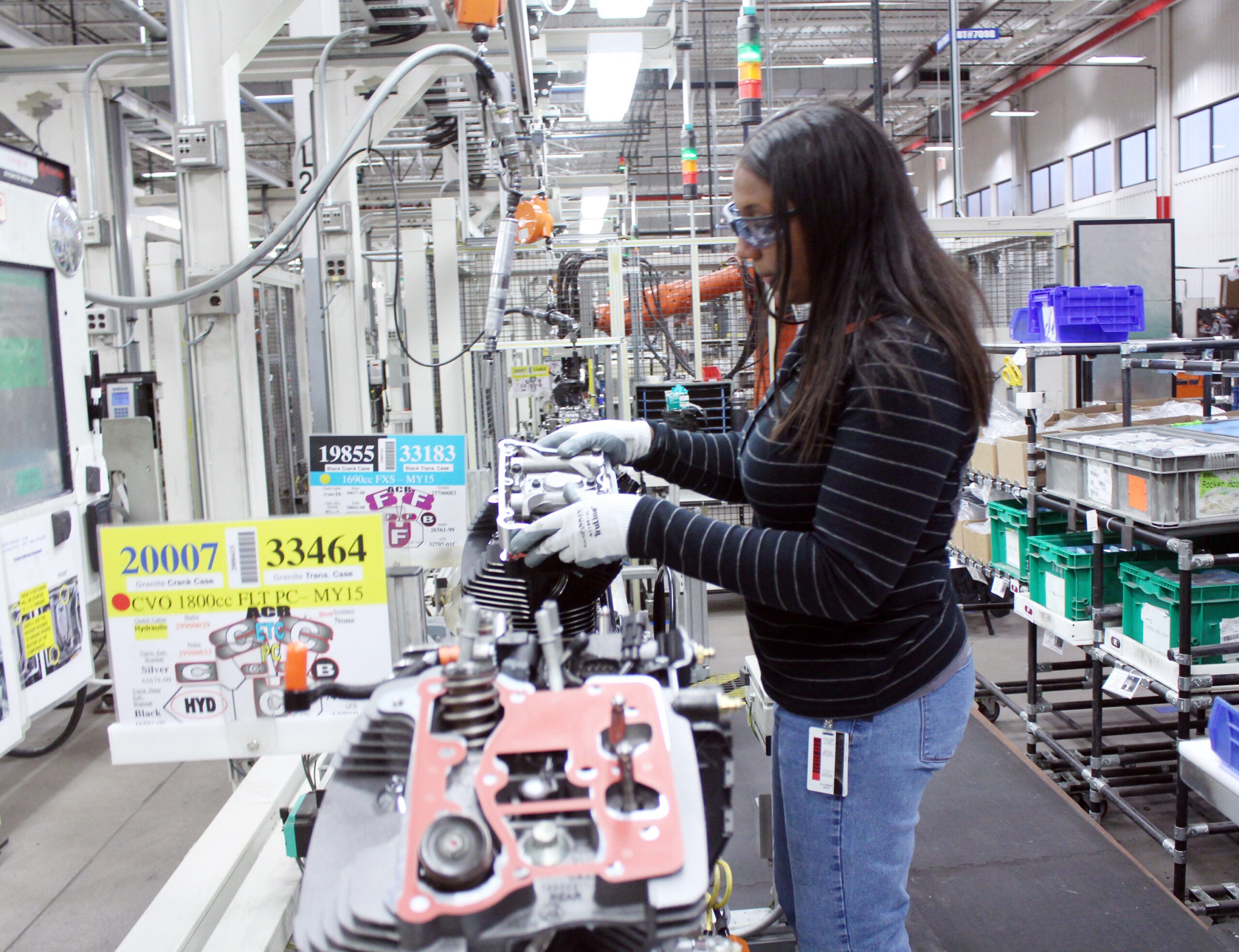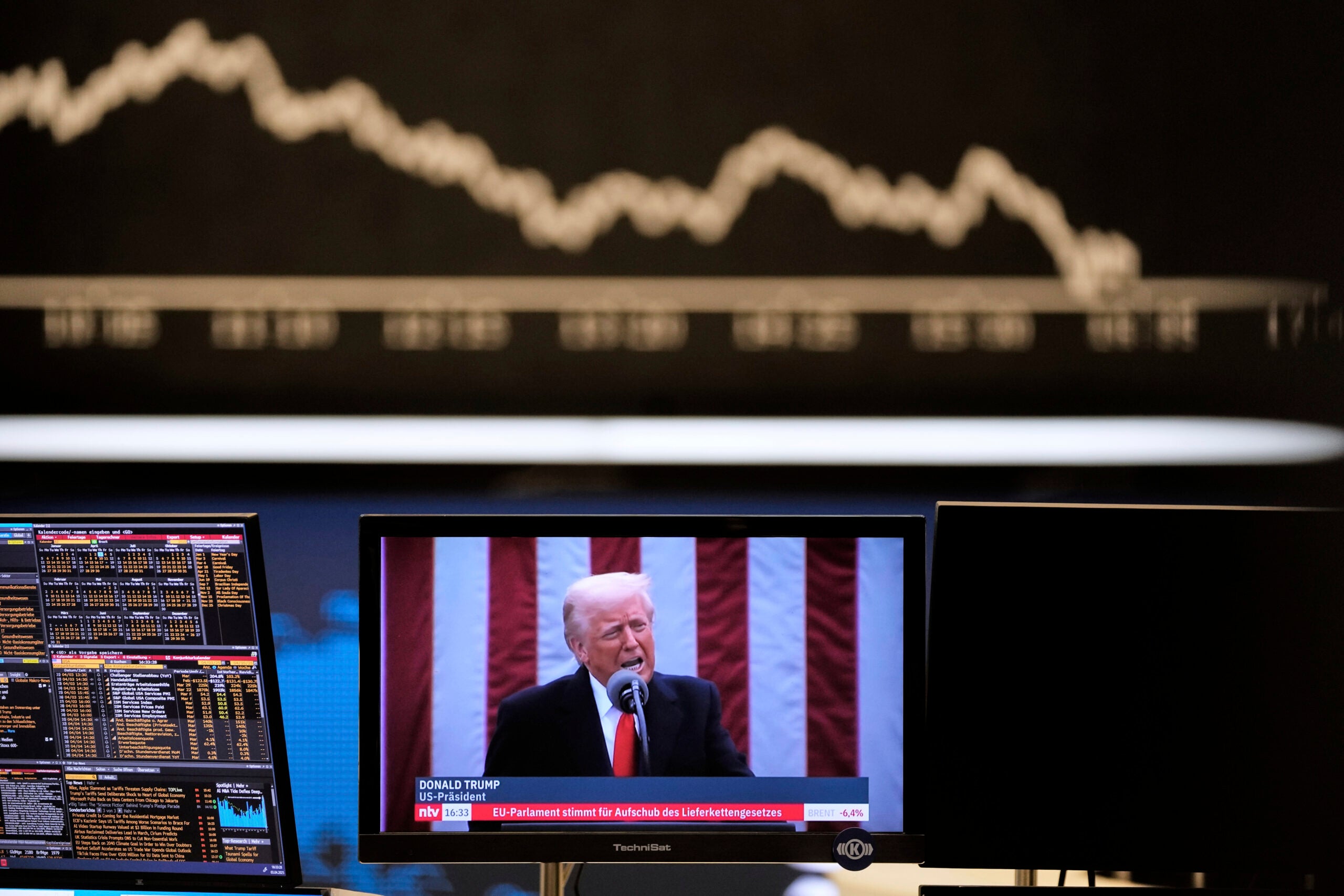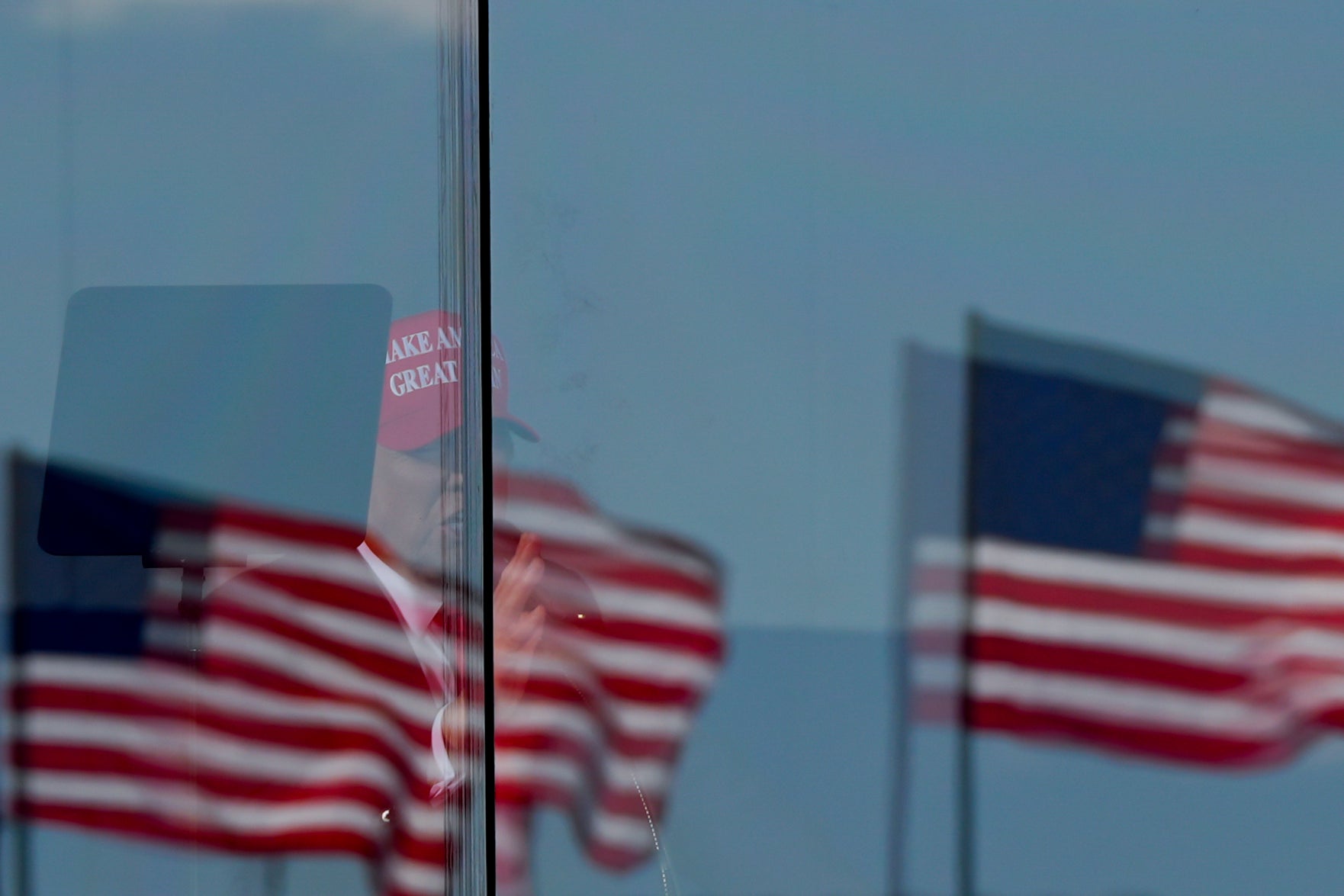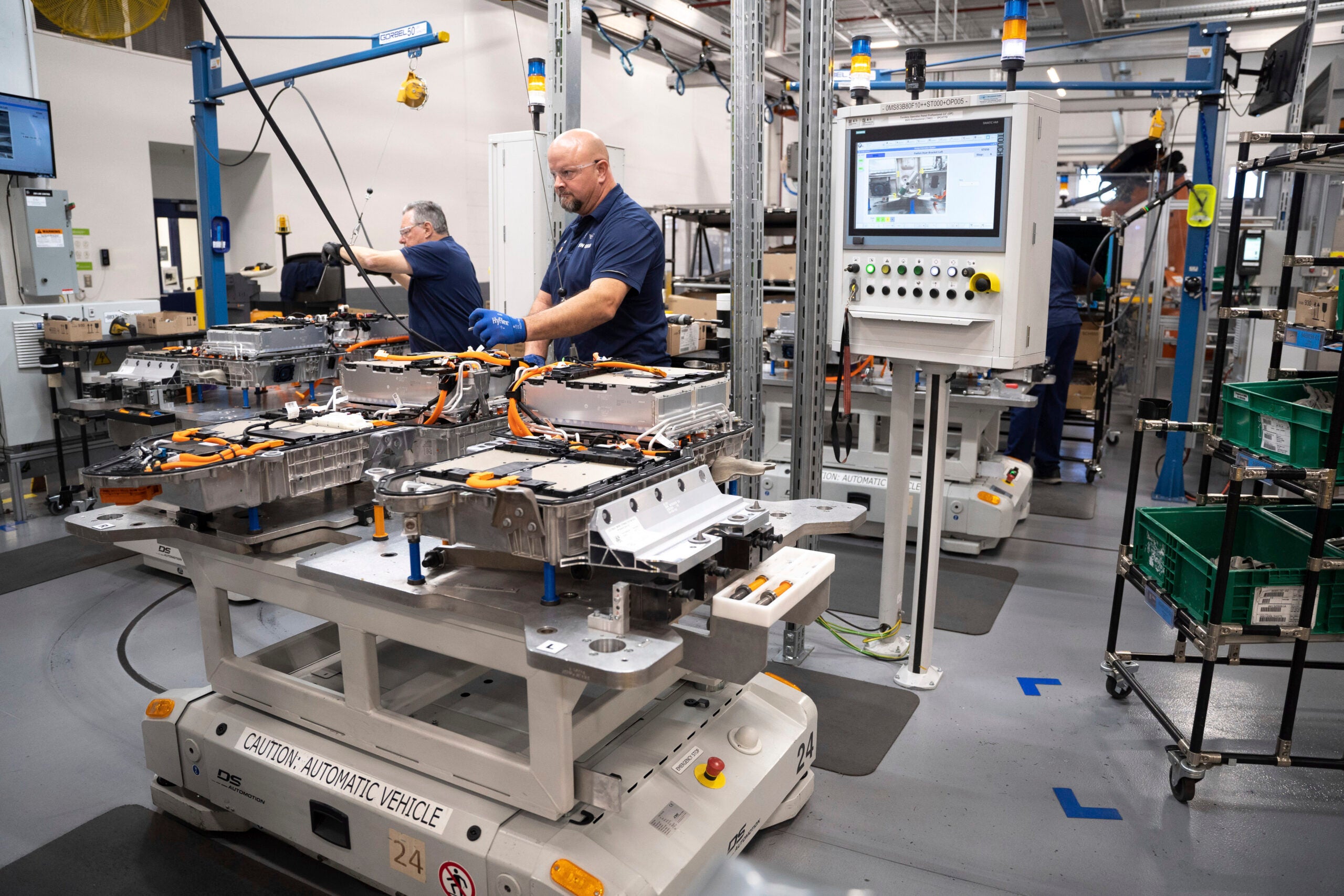President-elect Donald Trump’s pledge to impose a 25 percent tariff on all imports from Mexico and Canada, and an additional 10 percent tariff on all imports from China, could pose risks to Wisconsin’s manufacturing sector.
Trump made the proposal last week on social media, saying the tariffs would be imposed unless those trading partners do more to stop drugs and immigrants from coming into the country. The president-elect recently spoke with presidents in Mexico and Canada, and it’s unclear whether he will actually make good on his threat.
But a recent report from the nonprofit Badger Institute warned a trade war triggered by tariffs could harm Wisconsin’s manufacturing sector.
Stay informed on the latest news
Sign up for WPR’s email newsletter.
In 2023, Wisconsin exported $28 billion in goods, accounting for 6.8 percent of the state’s economy and more than 100,000 jobs in the state, according to the Badger Institute.
The three countries that bought the most goods from Wisconsin last year were Canada with $8.5 billion in state exports, Mexico with $4.3 billion and China with $1.5 billion, the Badger Institute reports.
Scott Niederjohn, the report’s author and an economics professor at Concordia University, said Wisconsin’s manufacturing sector is “particularly reliant” on trade with Mexico and Canada, making it “very susceptible to the tariffs, especially ones in North America.”
Niederjohn said Trump’s tariff proposal could force countries to impose retaliatory tariffs, making it harder for Wisconsin to export to those nations.
“Not only do imports cost more because of the tariff that we impose,” he said, “but it becomes difficult to export goods to other countries because our products get very, very expensive because they’re putting big tariffs on them.”
Beyond hampering exports, Niederjohn said the tariff proposal could also harm Wisconsin consumers.
“The conventional wisdom here is that tariffs of the size he’s suggesting are paid by the importers,” he said. “They’re going to pass most of that along, if they can, to the end consumer.”
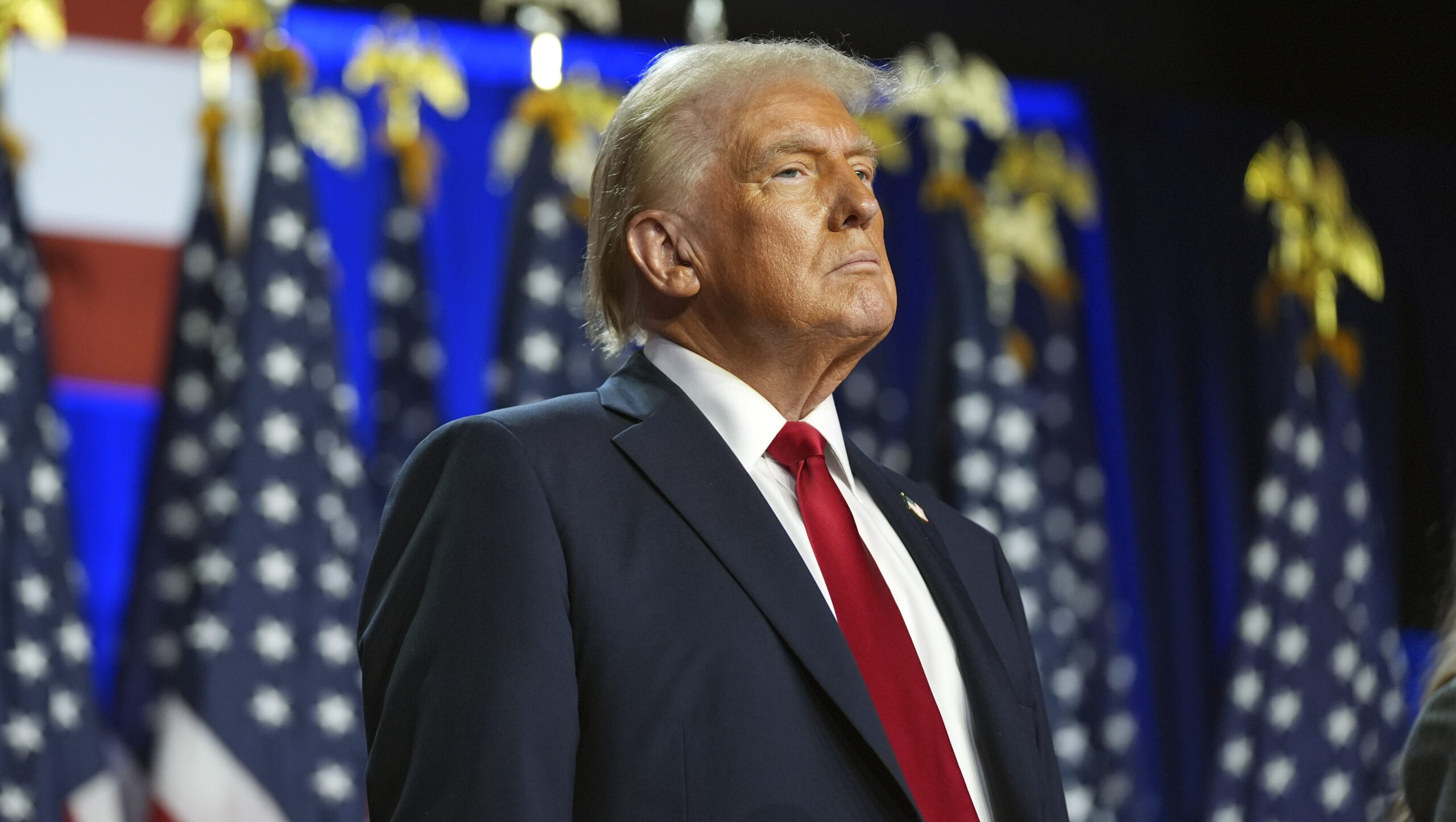
Equipment manufacturers warn tariffs would make it harder to compete globally
Kip Eideberg is the senior vice president of government and industry relations for the Association of Equipment Manufacturers, a national trade group based in West Allis. It represents Wisconsin equipment manufacturers that support more than 181,000 jobs in the state.
He said the tariffs Trump is threatening pose “a clear and present danger” for the industry. If the proposed tariffs go into effect, Eideberg said the association’s members will have to pay more for the parts they import.
“That means that it will become more expensive to build equipment in Wisconsin,” he said. “And it means that it will be more expensive for those who purchase equipment in Wisconsin, whether you are a farmer purchasing agriculture equipment or you’re a contractor.”
He also said the last round of tariffs during the previous Trump administration drove up the cost of building or manufacturing equipment in Wisconsin by between 6 to 9 percent. He said that led to a loss of more than 10,000 jobs nationally at companies in the association.
When costs for parts increase, Eideberg said it forces equipment makers to increase prices for finished products, making domestic manufacturing equipment less competitive globally.
“Chances are that you’re going to have to pull back on production, because you’re less competitive, that means that your revenues are going to go down,” he said. “It may not be on day one or the first quarter, but inevitably it’s going to lead to less investment in Wisconsin, and ultimately fewer jobs.”
Instead of using tariffs to bolster American manufacturing, Eideberg said he’d like to see the president-elect focus on tax cuts for companies making goods domestically and efforts to address the labor shortage.
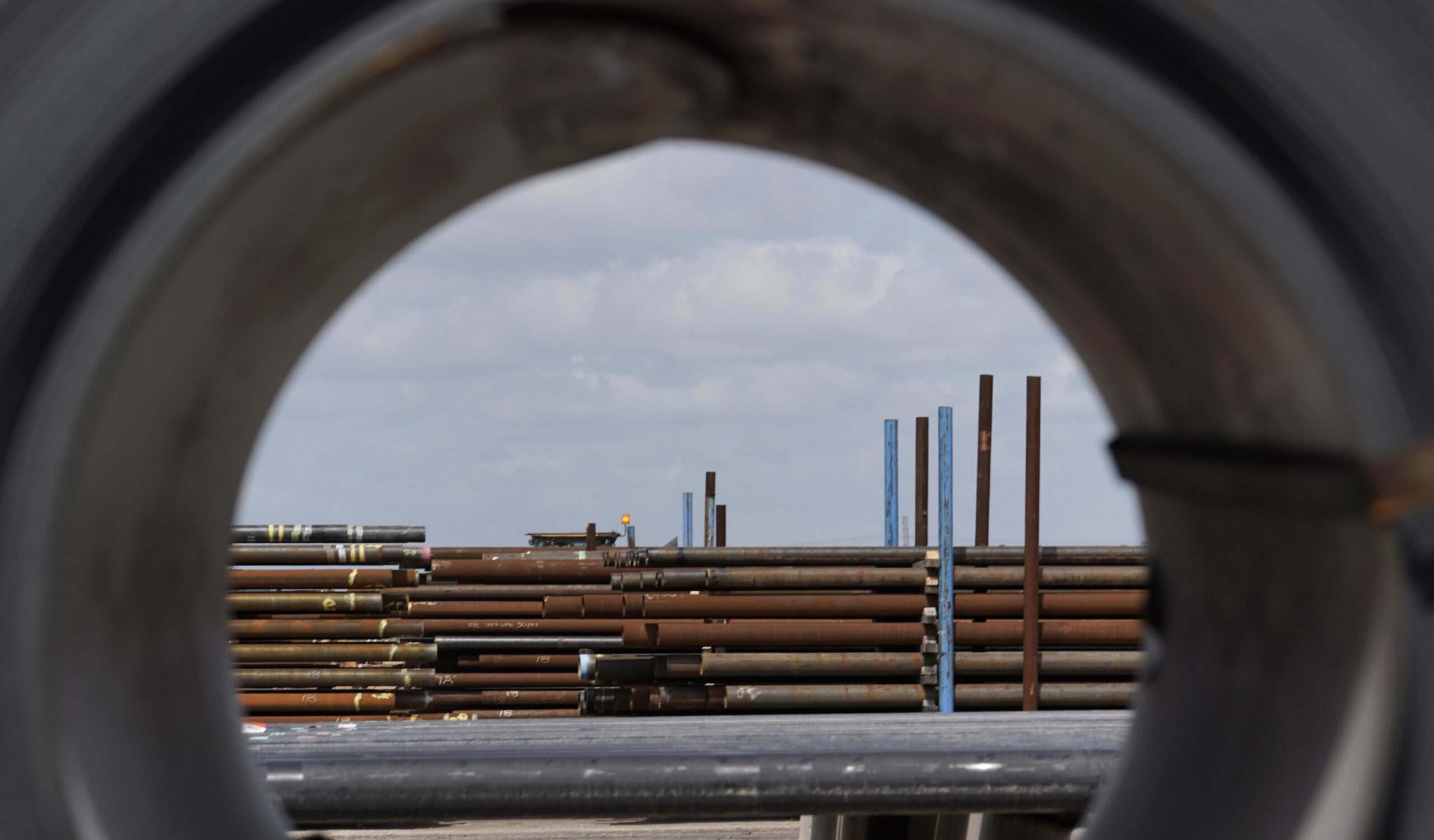
Other industry groups weigh in on potential tariffs
A spokesperson for Wisconsin Manufacturers & Commerce, the state’s largest business group, declined to comment regarding the tariffs Trump proposed last week. But in an interview in September, WMC President Kurt Bauer said his organization would “rather not see” widespread tariffs go into effect.
During that September interview, Bauer said a survey of WMC members during Trump’s first term found 54 percent were negatively affected by tariffs imposed on China at that time. But close to 75 percent still supported tariffs.
“They were tired of China taking advantage of us,” Bauer said. “Tariffs are often used as a negotiating tool, and I think that’s what Trump is throwing out there.”
Meanwhile, Ann Franz, executive director of the Northeast Wisconsin Manufacturing Alliance, said in an email that her organization did not have a formal position on Trump’s tariff proposals. But she also expressed optimism about what the tariffs could mean for original equipment manufacturers, or OEMs.
“Some OEMs that were moving to Mexico for instance may now change their plans and stay in the U.S., which will impact the supply chain in Wisconsin,” she wrote. “If they are staying in the Midwest, the supply chain in Wisconsin will remain strong supporting these OEMs.”
In a statement, Dale Kooyenga, president of the Metropolitan Milwaukee Association of Commerce, said tariffs adopted by the incoming administration should be “measured” and “free of negative consequences” for the American economy.
He said China has used unfair trade practices that have allowed it to “dump” goods on the global market.
“On the other hand, the North American trading block has been an overall success for our region and any significant change in tariffs could increase the cost of raw materials for our manufacturers or lead to a larger trade war that will hurt our exporters,” he said. “Locally, the impact is going to depend on the nature of the business.”
Wisconsin Public Radio, © Copyright 2025, Board of Regents of the University of Wisconsin System and Wisconsin Educational Communications Board.
